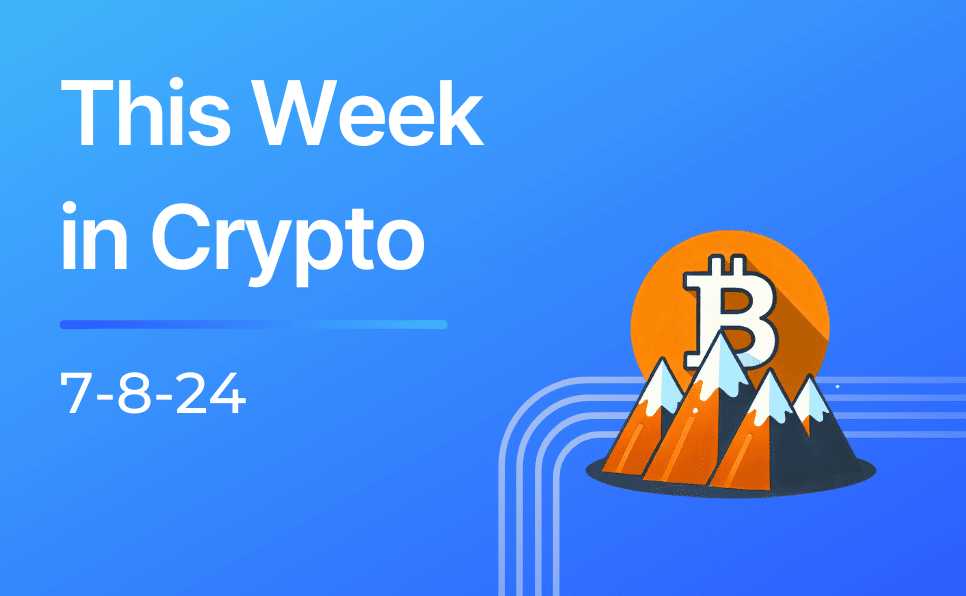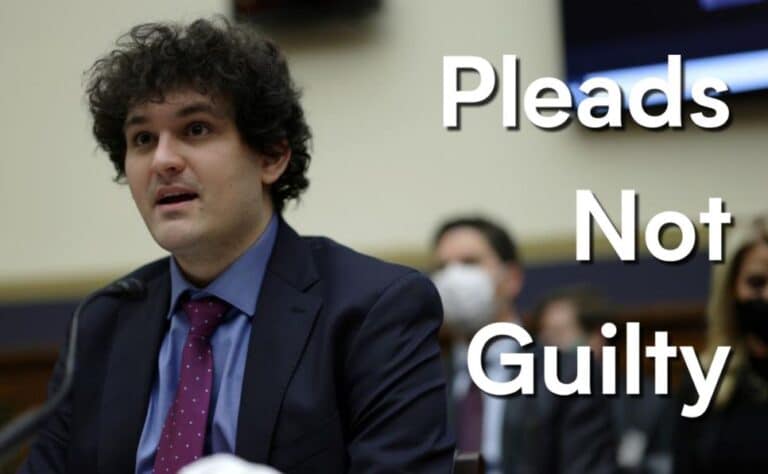Welcome to This Week in Crypto, your go-to source for the latest developments in the cryptocurrency world. In this edition, we cover the long-awaited repayments from the collapsed Mt. Gox exchange, the recent drop in Bitcoin mining difficulty that offers a breath of fresh air to miners, and the heated debate in Germany as a prominent politician criticizes the government’s decision to sell off its Bitcoin holdings.

Mt. Gox Begins Debt Repayments in Bitcoin and Bitcoin Cash to Creditors
Mt. Gox, the collapsed crypto exchange, has started repaying its debts to creditors in Bitcoin and Bitcoin Cash. This process follows a rehabilitation plan and involves selected crypto exchanges. According to MtGoxBalanceBot, the total Bitcoin balance on the Mt. Gox Trustee’s known address is 94,457 BTC, with 47,288 BTC already moved. The repayments will continue once certain conditions are met, including confirming account validity and creditors’ acceptance of the Agency Receipt Agreement through designated exchanges. Discussions about repayment procedures between the Rehabilitation Trustee and the exchanges are also required to ensure safe and secure repayments.
Founded in 2010 by Jed McCaleb, Mt. Gox was once the largest Bitcoin exchange, handling 70% of global transactions at its peak. However, in early 2014, the exchange suspended all Bitcoin withdrawals due to technical issues and revealed that approximately 850,000 BTC were lost due to a security breach. After filing for bankruptcy in February 2014, the case transitioned to civil rehabilitation in 2018.

Bitcoin Mining Difficulty Drops to Lowest Level Since March
Bitcoin mining difficulty has dropped by over 5% to 79.50 terahashes per second (TH/s), the lowest level since March. This reduction, which happened on July 5, comes after a period of increased difficulty between March and May, when it hit a record high of 88.10 TH/s. The decrease in difficulty is significant because it means that mining machines need to make fewer guesses to solve the cryptographic puzzles required to unlock new Bitcoin. This change can make mining more profitable, especially for large mining firms.
Mining difficulty, which is updated approximately every two weeks, is crucial because it adjusts to maintain a consistent rate of Bitcoin production. A lower difficulty means that less computing power is needed, which can be a relief for miners, especially those using older or less efficient machines. Currently, with the difficulty at 79.5 TH/s, miners can still profit as long as Bitcoin’s price stays above $54,000. This is particularly beneficial for large miners and those with energy subsidies, as it can reduce operating costs and increase profitability in the short term.

German Lawmaker Urges Strategic Use of Bitcoin Holdings Amid Sell-Off Strategy
German parliament member Joana Cotar has criticized the government’s decision to sell off its substantial Bitcoin holdings, arguing for a more strategic approach. Recently, the German government transferred 547.44 BTC, worth approximately $30.09 million, to market maker Flow Traders – a small fraction of its total 41,000 BTC holdings, valued at over $2 billion. Cotar believes the government should hold Bitcoin as a strategic reserve, rather than liquidating it.
Cotar emphasized the missed opportunity for Germany to lead in financial innovation. She argued that Bitcoin could diversify state assets, protect against inflation, and promote local innovation and entrepreneurship. Instead of selling, Cotar suggested the government develop a comprehensive Bitcoin strategy, including holding Bitcoin in the state treasury, issuing Bitcoin bonds, and creating a favorable regulatory environment to attract talent and foster progress in the financial and tech sectors.



